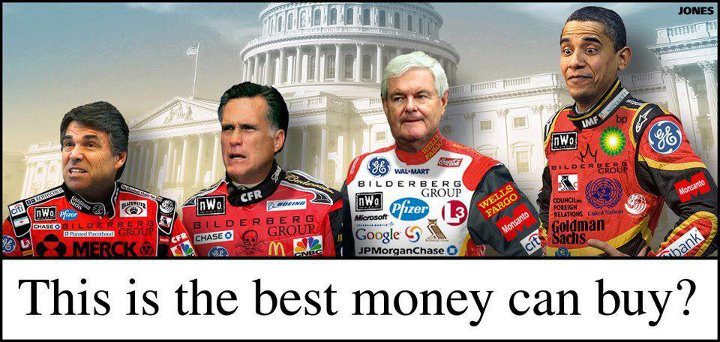By Yesac Roanoke
An age-old joke recommends that politicians don the logo coated jumpsuits of NASCAR fame. Nearly every politician accepts funding from companies. The influence of big money in politics is a flashpoint in America. American belief maintains that big money is eroding democracy and corrupting officials. NASCAR jumpsuits are humorously suggested to promote transparency in politics. A more serious consideration surfaced in New York. Governor Andrew Cuomo, and an increasing tide of state representatives, are championing public financing of political campaigns. Public financing of campaigns, like NASCAR, is really dumb.
American voters fear corporate influence within their representatives. Record contributions from businesses in the most recent major elections have birthed an unbridled concern of corruption. Frequently cited strangleholds are the National Rifle Association, the Koch Brothers, Act Blue, and the National Association of Realtors. Proposed public financing campaigns promise to banish these groups’ grimy fingers from politicians’ pockets. One proposal seeks to direct politicians away from big groups’ donations to focus on the little guys. The proposal states that every small donation, one that rests underneath a designated price ceiling, will be matched five times by public funding. A private $50 donation is matched with $250 of government funding for a total of $300.
This is dumb. Admittedly, the proposal is romantic. Big, uncaring businesses will be shunted as politicians cater to the honest individuals. Humble donations coupled with innocent government cash will thwart corruption. The issue lies within the ‘government matching.’ An important word association should occur whenever the word ‘government’ is in the context of spending. First, change ‘government’ to ‘public.’ Then, switch ‘public’ to ‘me.’ ‘Me funding’ is grammatically incorrect, but is ideologically spot on. Every time someone shoots over cash to a politician, you’ll be adding five times that from your own pocket. You, your family, your community will have their funds sent to a politician’s purse. The annoying robot calls, the despicable television ads, the garish banners, and the blaring radio spots will all be ‘me funded.’ You, instead of AT&T or the United Auto Workers, would foot the bill for ridiculous advertisements. Your dollars would pay for Willie Horton’s headshot and the nuclear bomb dropped on little Daisy. Some other person halfway across the state opens her wallet, and by the miracle of legislative antimatter, your wallet pops open too. Worst of all, the money you earned would go to every eligible candidate. Imagine having to fund Todd Akin or Eliot Spitzer. Maybe one day your paychecks will go to Vermin Supreme, the 2012 presidential candidate who ran on the “Every American Deserves a Pony” platform. You’ll have absolutely no choice, because public funding is taxpayer money which is your money.
Politicians are subject to corruption, and companies are one source. Passing on the bill to taxpayers is not the solution. In fact, public financing may not even work. Back door contributions, monstrous super PACs, and shady political accounting can keep the illicit funding from the public eye. England, which heavily, heavily regulates campaign spending (no TV, no radio spots) suffers from corruption perception on American paranoia levels. A report from The Economist shows that Britons cite big money influence in politics as a source of eroding democracy. Regulation won’t solve any perceived corruption. Public campaign financing will make things even worse by having the taxpayers shell out for lambasting ads. Though, voters shouldn’t roll over just yet.
A true solution is more abstract. The only reason businesses pump millions of dollars into candidates is to get something back in return. These secret agreements are devastating to consumers and the free market. Consider when sugar company puppets pushed through a law classifying the sweet miraculin berry as an ‘additive,’ effectively destroying any chance of it entering the food industry despite its health benefits. The fastest way to kick big money out of politics is to strip politicians’ powers to unfairly influence the market. Certainly an ambiguous recommendation, but it’s a surefire to dam the corporate money flood. Until legislatures’ abilities are reigned in, we’ll need an interim solution. Do we have volunteers to sew the NASCAR jumpsuits?

